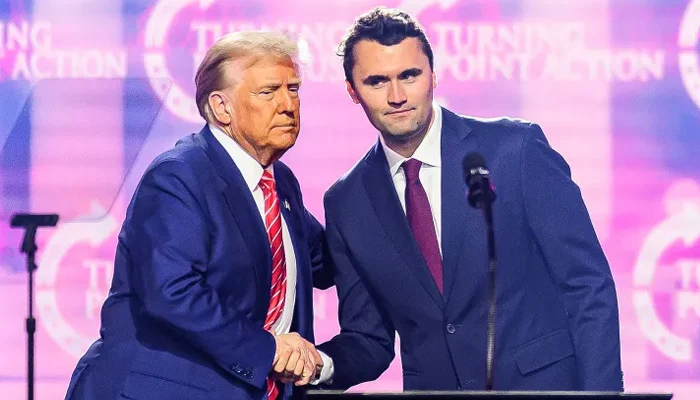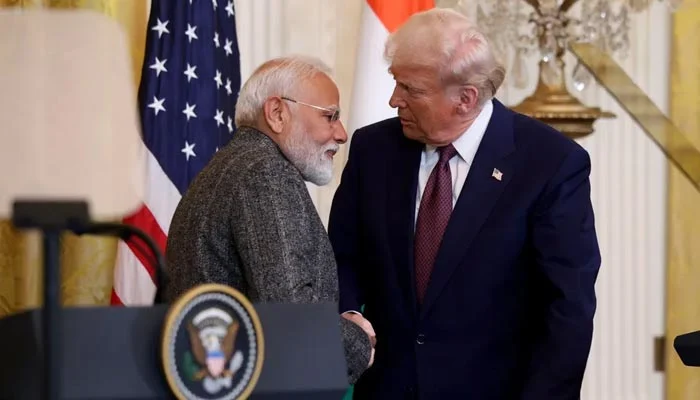In a rare show of diplomatic consensus, heads of state at the Shanghai Cooperation Organisation (SCO) summit in Tianjin delivered a powerful rebuke of terrorism, consistently calling for justice following three devastating attacks this year. The Tianjin Declaration, adopted on September 1, 2025, sends a unified message: terrorism in all its forms will not go unchecked.
Condemning the Attacks
The resolution explicitly denounced:
- the Jaffar Express hijacking on March 11, where militants ambushed the train in Balochistan, resulting in hostages and casualties;
- the Khuzdar school bus attack on May 21, which targeted children and their guardians on the Quetta–Karachi Highway;
- the Pahalgam terror strike in Kashmir on April 22, claiming the lives of 26 civilians and marking one of the deadliest assaults on tourists in the region in decades.
The declaration sent condolences to the victims’ families and insisted that “perpetrators, organisers, and sponsors” be held accountable—a significant diplomatic triumph in a forum often divided by geopolitical tension.
A Shift in SCO’s Counterterrorism Policy
India secured a landmark consensus, as the SCO’s condemnation mirrored New Delhi’s long-standing calls for zero tolerance and accountability—despite past resistance over the phrasing of such statements.
Prime Minister Narendra Modi, present at the summit alongside Pakistan’s Shehbaz Sharif, emphasized that terrorism “is a challenge to humanity,” urging member states to reject double standards. He underlined that such acts should unite, not divide, and that “no double standards on terror are acceptable.”
This marked a notable shift from the June SCO Defence Ministers’ meeting, where disagreements over language on terrorism previously stalled consensus.
Looking Ahead: Unity through Counterterrorism
The Tianjin Declaration also reaffirmed SCO’s firm stand against terrorism, separatism, and extremism, while warning against the misuse of extremist groups for political aims. It emphasized the central role of sovereign states in countering such threats.
India’s push for stronger multilateral cooperation found echo as members backed the role of the SCO Regional Anti-Terrorist Structure (RATS) and supported expanding joint drills, intelligence-sharing, and efforts to counter radical ideologies.
Chinese President Xi Jinping reinforced this stance, highlighting SCO’s growing responsibility in maintaining regional peace and improving security frameworks.
Conclusion: A Fragile Yet Symbolic Thaw
Despite ongoing political friction, this development showcases a rare diplomatic accord. Through the Tianjin Declaration, SCO has collectively reaffirmed the imperative to combat terrorism—setting a crucial precedent for unity through crisis.
The declaration elevates the SCO from a cautious intermediary to a resolute platform for accountability. As regional tensions simmer and global security challenges mount, member states’ renewed cohesion offers a fragile but meaningful pathway to cooperation.






